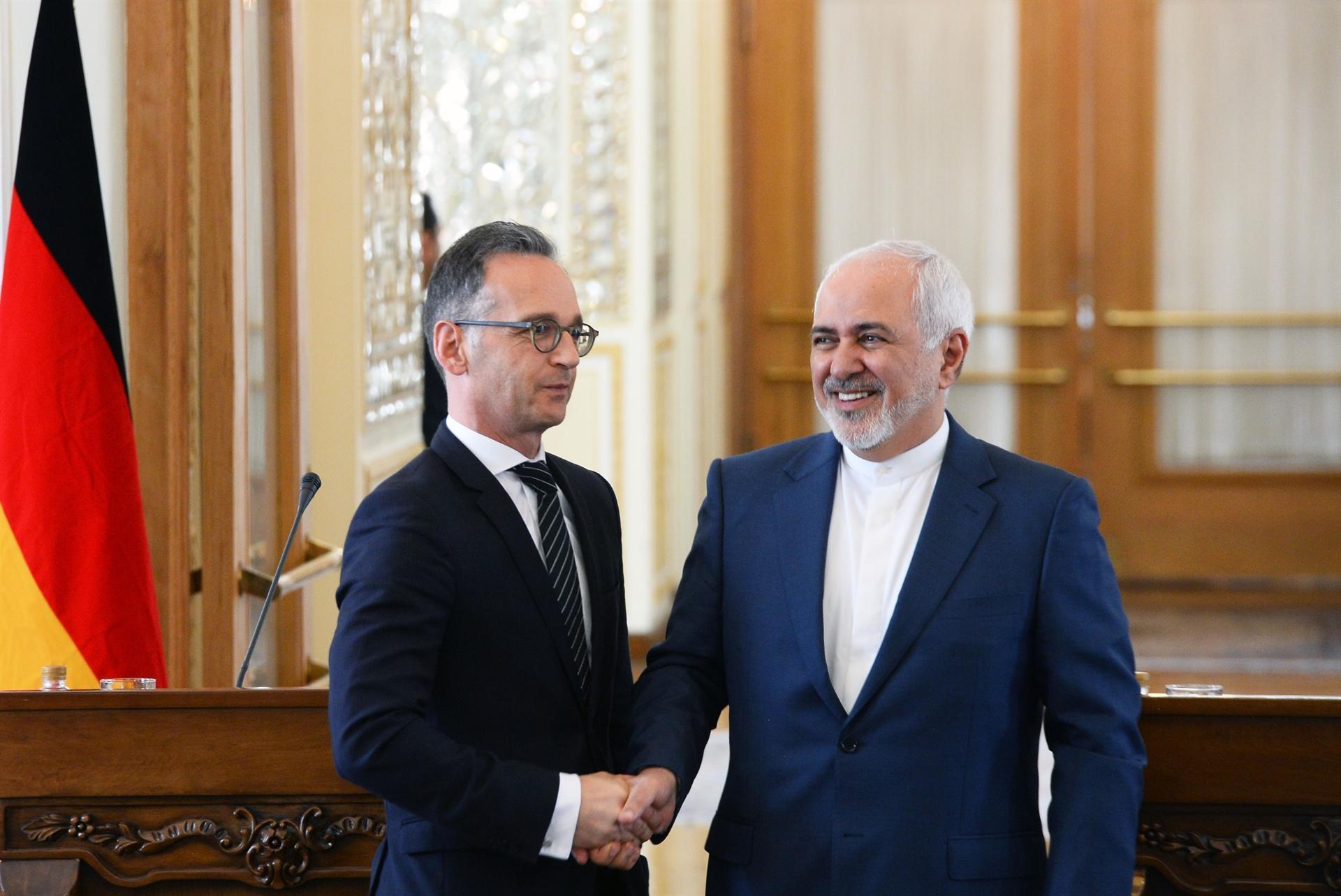
German Foreign Minister Heiko Maas said June 10 that it was in Iran’s “political and strategic interest” to stay in the 2015 nuclear deal, as the U.N. atomic watchdog voiced concern at increased tensions over the landmark accord.
Maas, on a visit to Tehran, also insisted that the deal - which has been hanging in the balance since the United States unilaterally withdrew from it last year - was “extraordinarily important” for Europe.
Iran signed the landmark accord with China, Russia, Germany, Britain, France and the United States, leading to sanctions relief in exchange for Tehran curbing its nuclear program.
But the U.S. administration of President Donald Trump has imposed sweeping sanctions on Iran after walking away from the deal formally known as the Joint Comprehensive Plan of Action (JCPOA).
On May 8, Iran retaliated by saying it no longer considered itself bound to keep to the limits of stocks of heavy water and enriched uranium that were agreed as part of the deal.
Iran has also blamed the Europeans for not living up to their commitments.
And it warned that it would stop by early July abiding by restrictions on the level to which it can enrich uranium and on modifications to its Arak heavy water reactor, unless other parties to the JCPOA speed up work on mitigating the effects of U.S. sanctions.
Maas met Iranian Foreign Minister Mohammad Javad Zarif on May 10 in Tehran to discuss the future of the nuclear deal.
“We had a serious, frank and rather long discussion,” Zarif told reporters at a joint news conference after talks with Maas.
“Together with Germany and the European Union, we have a common goal: to maintain [the nuclear agreement], put an end to tensions and conflicts in the region and (allow) the Iranian people to economically benefit [from this agreement],” he said.
Ahead of meeting Zarif, the German foreign minister acknowledged that the economic benefits Tehran hoped for from the deal were now “more difficult to obtain” but urged Iran to fully respect the agreement.
It is in Iran’s “political and strategic interest to maintain this agreement and the dialogue with Europe”, he said.
The U.S. sanctions reimposed last year targeted crucial parts of Iran’s economy, namely the oil and banking sector.
The oil embargo has hurt Iran’s main supply of foreign revenues, while the banking sanctions scared away foreign investments and made money transfers near impossible for Iranian businesses through official channels.
Europe tried to respond to the U.S. withdrawal by setting up a special trade mechanism called INSTEX that would allow legitimate trade with Iran to continue without falling foul of U.S. sanctions.
“I... hope that ways can be found to reduce current tensions through dialogue,” International Atomic Energy Agency director general Yukiya Amano told the agency’s quarterly board of governors meeting.
“As I have constantly emphasized, the nuclear-related commitments entered into by Iran under the JCPOA represent a significant gain for nuclear verification,” Amano said.